Although Utah prides itself as being a state that is friendly to upstart businesses, that isn’t entirely true in every industry in the state, particularly if your business is selling cars. Utah is home to a set of uniquely odd regulations that make it difficult to start an auto dealership. These regulations, aside from dissuading new businesses, seems to go against the business friendly climate that Utah’s legislature has worked hard to preserve in other arenas. Indeed, there is even a movement to get rid of many of these restrictions, as many lawmakers have labeled them as blatant protectionism. Here are some of the strange dealership laws that are in place in Utah…
The dealership “buffer”
One major law that has made it difficult for smaller cities to establish new auto dealerships is Utah law HB290, which regulates the distance between dealerships. According to this law, which was created in 1991, new auto dealerships cannot be established within 15 miles of an already existing dealership. The only exception to this rule is to get approval by a local board that is made up of representatives of already existing dealerships, which means that they have the unique opportunity to shut out competition that they don’t want.
The 6-Day law
In 2000, another restrictive law that was implemented was one that dictated that dealerships must be closed for one weekend day. Because no dealership wants to be closed on Saturday, which is the most profitable day of the week, this essentially means that it is illegal for dealerships to be open on Sunday. This law was effectively lobbied of the legislature by Larry H. Miller, who didn’t want to open his dealerships on Sunday, but didn’t want his competition to enjoy a seven-day business cycle.
Manufacturers can’t sell directly
One of the most high-profile cases of Utah’s restrictive auto dealership laws in recent memory is that auto manufacturers can’t sell vehicles directly to consumers. The notability of this law comes as electric car-maker Tesla has gone to Utah’s Supreme Court to challenge the constitutionality of this measure. The company sued against similar restrictions in Arizona and won, so there is a precedent that this law might actually change. When it comes to electric cars, auto manufacturers argue that dealerships are ineffective at selling these vehicles, making it hard for new technology to grow.







